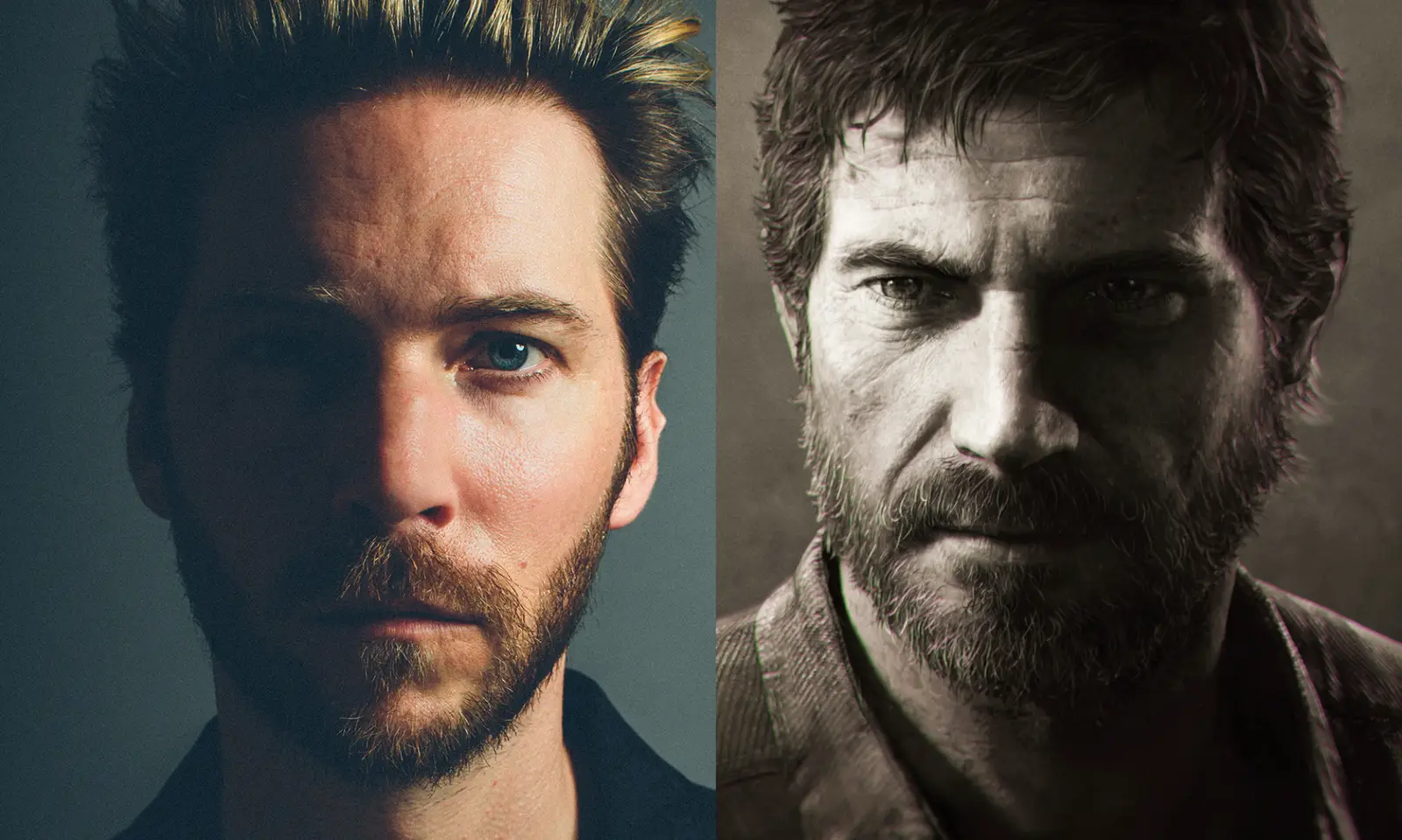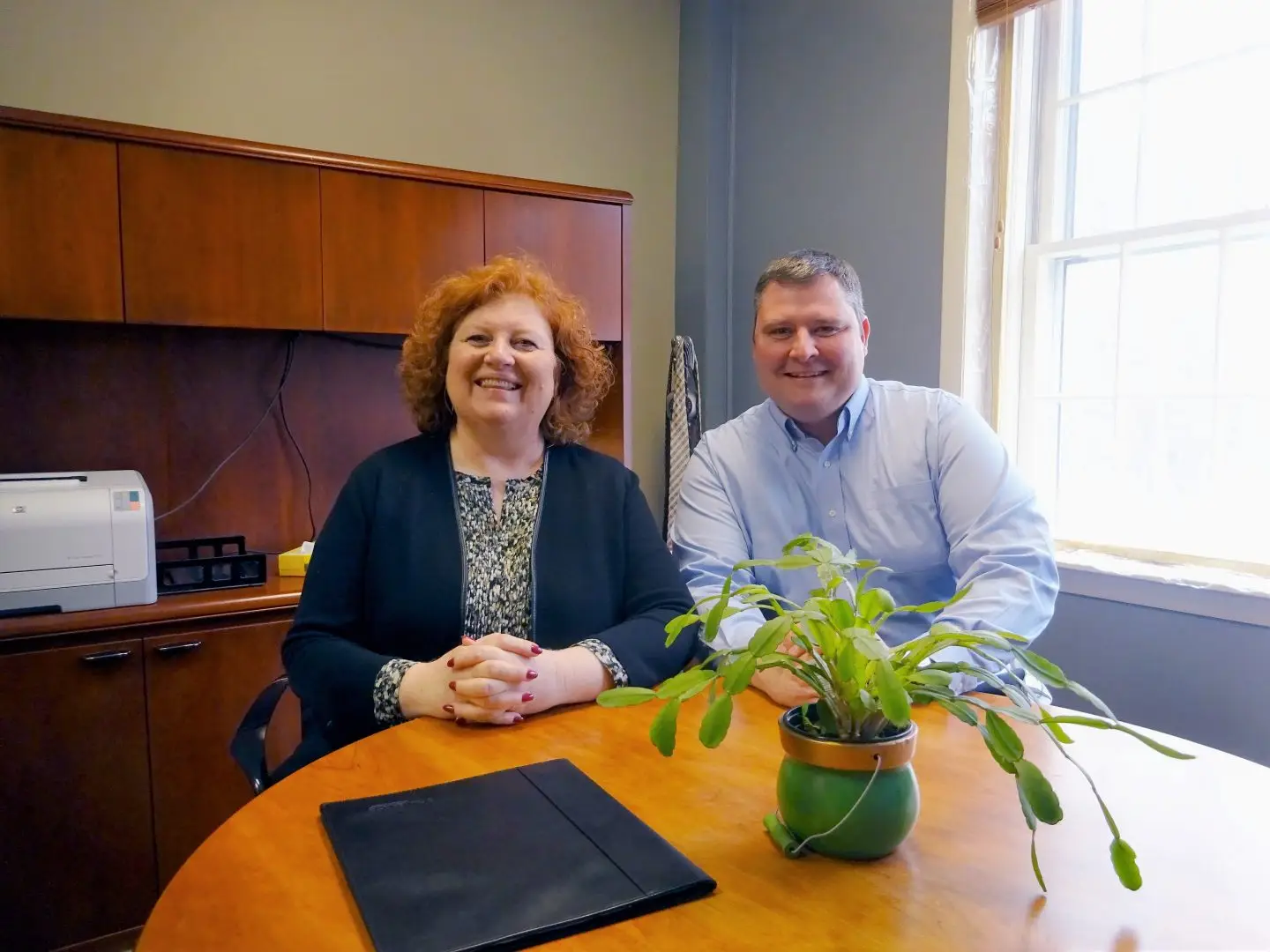If you’ve picked up a video game in the last fifteen years it’s likely that, somewhere along the way, you’ve heard Troy Baker’s voice. With over 300 individual voice credits to his name Baker has been a prolific figure in the voice acting industry with lead roles in The Last of Us, Bioshock Infinite, Uncharted 4 and Middle-earth: Shadow of Mordor. But it wasn’t always this way for Baker, he spoke with the Penmen Press about his career, how it’s developed and how he’s still finding ways to improve his craft everyday. He also talks about his new game “Middle-earth: Shadow of War and what it was like being the Director of Performance Capture as well as the game’s lead character.
Tyler Leighton: Could you start off telling us how you got into voice acting, because I know it was a long road for you to end up in the position you are now. I know you were involved in music for a while, so could you talk about where your career started, where you wanted to go and how you got to where you are now?
Troy Baker: Sure, I mean, when I was in my twenties, all I cared about doing was finding a way to be creative and, even more importantly, finding a way to make money out of it. I thought at first I was going to be in music, so I was in a band. We were doing our album at this studio that also happened to be doing car advert[isement]s, so I just popped my head in the door of this one studio while they were cutting drums, and they immediately kicked me out, but then two weeks later [they] asked if I still wanted to, you know, give it a shot because they needed somebody. Their guy that had done all of their spots for the last 20 years had a heart attack and died, so they were in a hard way, and I kinda helped them out.
So, I still had to be willing to be brave. I had to show up to the meeting; I had never done it before so I didn’t know if I was going to be good at it, I just thought, “Oh.” You boast about yourself, and you say, “I can absolutely do this!” and someone goes, “Oh, okay, here,” and they hand you a ball and go, “Okay, now throw it over the plate.” So at some point, it came to me that just because someone gives you an opportunity, you still have to be able to do something with it. And then it’s just been a series of trying to continue to do that over the last 15 years.
The thing that I like about my story is that it shows me that there’s not one path into doing this. Everybody has a story like that: they start up in this, but they stumble into this, and very few people that I know set out in their life to do [voice acting]. This is the only real generation over the last five years, where I’ve heard people say, “This is what I want to do with my life.” Most people are like, “I want to be an actor” or “I want to be…” And what that proves to me is that this is still acting. If I had done 15 years on Broadway, no one would say to me, “So have you thought about doing any real acting?” There’s still this misconception that if you do a cartoon or if you do a video game that doesn’t require performance capture or whatever (or even when it does), that it’s somehow not ‘real acting.’ And people have said, “You ever try to do real acting,” and I’m like, “No, this fake stuff has been pretty cool to me, so… I’m going to keep doing that.” But acting is acting is acting. And so, I started off being incredibly ill-equipped for the job and just had to equip myself, and it’s been on the job training the entire time.
Leighton: Could you talk about that a little more? How you figured out how you were lacking and how you attacked that? And maybe some of the work ethic or what you did in the background that people never really saw.
Baker: I still do that. I bump into new limitations all the time. I find that, “Oh, I still need to work on that.” And it’s not necessarily the immediate thing with, “Oh can you do that voice or not.” That’s the last thing I worry about. It’s working with writers, working with directors, understanding your place in the pecking order.
One of the biggest lessons I learned in the past couple years is that I really like to be involved, at a high level, in the creative process. I like to understand the story, and I like to understand the character, and I like to understand what we’re trying to accomplish. And I also like to have influence in that as well. Where I was trying to do it, I was trying to build a dam too far down the river, and that becomes a very destructive force even though my heart and the intention of it is to help. So, it was a really hard lesson for me to learn that when I am trying to impact and influence change, where I was trying to do it was actually a really bad thing. I needed to be doing it way forward, so the limitation that I found there was like, “This isn’t the way to help, but I still want to help, so can I find a way to help.” And that’s what led me to being the Director of Performance Capture on Shadow of War.
I know what I want to do, and I have to couple the desire with an opportunity to be able to do that, but even still when I showed up the first day on set and you’ve got 20 pairs of eyes going, “So… what are we doing?” you get that sinking pit in your stomach going, “Can I pull this off?” Because not only am I directing, but I’m also the lead. I’m also Talion, so I had to make sure I have, not only my shit together, but your shit, her shit, his shit, everybody’s is resting on my shoulders. And that teaches you another lesson; that that’s not the truth. The truth is, is that you’re responsible for your business, you’re responsible for yours, and everybody is there on this stage because they got the gig. They’re good enough. No one’s auditioning once they’re on the stage. And, as an actor, I think we still find ourselves in that position where we try to prove that we deserve the job even after we get it.
If you, and this goes to any actor, if you go… don’t even call it an audition anymore because audition is just, “Show them what the character looks like.” It can be wrong, but if you go in there auditioning, if you’re trying to convince them… you’ve failed. Go in there and show them what the character looks like, but if you get the gig, if they hire you, then just do the work. Don’t show up and try to constantly reinforce their decision; they know they made a good decision, and anything we do like, “You know you made the right decision, right? You know you made the right decision?” It’s insulting and they’re like “Yeah, I’m pretty smart, I know what I’m doing.” And that was a lesson I learned on this movie that I did called Comanche Moon where every day I was trying to convince these movie stars that I belonged and that I was talented enough instead of just, doing my work and realizing that… I’m enough. I am enough, like I don’t have to convince you that I’m talented, I don’t have to convince you that I’m funny, I don’t have to convince you that I belong.
But I think those are the limitations that are way more important than, “Hey can you do that voice?” Because it doesn’t matter at the end of the day. The majority of the stuff that I’ve done has been my own voice.
This is taking a really weird turn hasn’t it?
Leighton: No, it’s good; it’s getting nice and deep, and also it’s all about career development which is important to our college readers. We’re starting to wrap up so can we ask you one more question?
Baker: Let’s do it.
Leighton: Alright. Could you just talk a little about your new game Middle-earth: Shadows of War?
Baker: We, when we shipped the last game (Middle-earth: Shadow of Mordor), we had no idea what the fate of the studio was going to be like. This could have very much been the epitaph for that studio, and then we had a hit on our hands, and it was something that everybody, every gamer wanted. Which was, “Give me a good story, but allow me to create my own.” And even as a gamer, for myself, the first time that some….Pooshcrate Never forget. Pooshcrate was like, a coffee getter for the rest of the Orcs, and he sucker punched me and I watched, in one turn, him go from lowly peon to a war chief and I spent, the next three days hunting him down and when I found him his head was on a spit. So that’s the kind of experience that made it such the success that it was. The Nemesis System was, pardon the pun, a game changer.
So, I remember being at the DICE Awards after Michael de Plater is cradling all of the awards, and he’s like, “We’re a hit! Now we get to find out what kind of game we can really make. That was just kind of a test.” So, being able to be here now, where we’re just a few weeks away from that game being out and being in players’ hands, we’ve kind of been slowly doling out a lot of the experience.
As a gamer, as a part of the creative team, and as an actor, it’s something that I’m incredibly proud of, because… what we’ve created is in canon now with Tolkien, and that’s cool. It’s also something that I know that when players finally get their hands on, they’ll realize that everything they did in the first game and everything they do in this game, nothing will be forgotten. And that is an exciting opportunity. As a gamer, you want that kind of experience, so I just can’t wait for people to play it on October 10.




